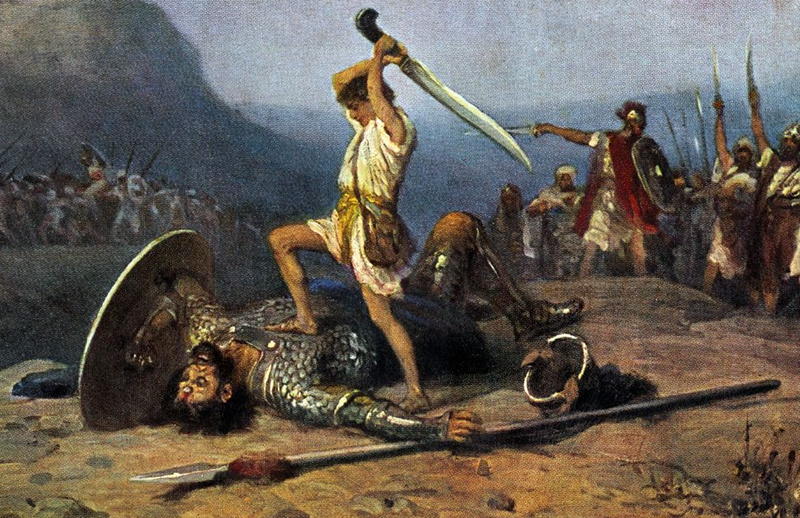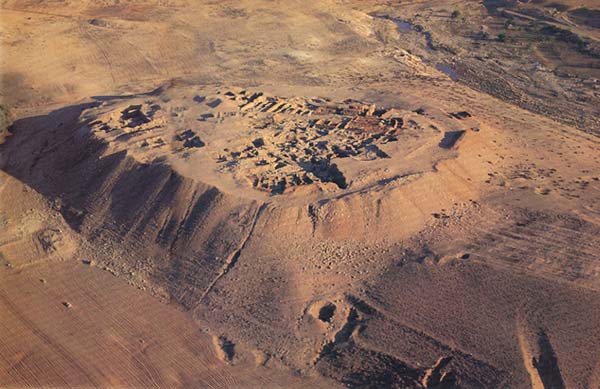A while back, during the television show Hour of Power, host Bobby Schuller asked his guest, an entrepreneur, to share a few details about his journey to success. The young man related how he’d mailed out 250 letters asking different people who’d made it big, if they could help him to realize his own dream. Out of those 250 requests, he received only a single response! Not very encouraging, but nevertheless the enterprising young man should be applauded for doing something few of us seem to have the courage to do these days: he needed help, so he asked for a helping hand.

Somehow, during the journey from childhood to mature adult, most people lose the confidence or the boldness or the freedom to ask anyone for anything. Adults actually hate asking. Most assume the answer will be a “no” anyway, so why waste the time. At work, there’s even an old expression, “It’s easier to ask for forgiveness than for permission”!
Nobody likes to face rejection, and a “NO” leaves us out in the cold, standing there with our hat in our hand, looking stupid — or so we think. At worst, a “no” is simply a “no” and often only means “not now” or “not here”; but at best, a “no” is just one of the tiniest words in the English language that means “keep on knocking, keep on trying”! And yet, adults fear the word. In fact, the thought of getting a NO paralyzes them to the point where they’d rather be drawn and quartered than ask for something, especially help.
Pride may also play into their stubbornness, as well as the idea they might be inconveniencing someone. If only we could recapture the freedom and fearlessness of childhood. Kids don’t worry about silly stuff, and they don’t hesitate to ask for anything. If a child’s friend has only one cookie, most assuredly the child will ask if he can have half of it. An ice cream cone? “Can I have a lick or two?” True, most kids have no sense of propriety, but they also aren’t limited by the fear of a “NO”!
Sons and daughters know it never hurts to ask mom and dad for a new bike or, a few years later, if they can borrow the car. Why should they? The worst that could happen is they hear the tiny word NO. But to a child the sky’s the limit: the answer just might be a glorious, filled-with-possibilities YES!! God wants us to have that same childlike faith. He wants us to view life as filled with possibilities. God also wants us to ask Him for the things we need and even some of the things we simply want. After all, He’s our Heavenly Father, and it never hurts to ask. Sometimes His answer is “NO”; but when it is a “No” God has His reasons — and they’re always good reasons. Perhaps we’ll discuss a few of these reasons in a future post.
Nevertheless, God expects us to be confident and make our requests known to Him. “Do not be anxious about anything, but in every situation, by prayer and petition, with thanksgiving, present your requests to God.” (Philippians 4:6 NLT) Now, if we can ask the God of the Universe, then why can’t we ask each other for things.
We’ve asked store managers to honor their sales beyond the deadline — and received a YES. One of us once asked to be considered for a job that required far more experience — and got both a YES and the job! Hey, nothing ventured, nothing gained! So ASK already! Want a raise, or time off? Want a date with someone you think is special? Want to marry that special person? Want a loan? Want a customer to buy your new product or service? Want a publisher to buy your book?
Want the kids to help out at home? Want your spouse to change a bad habit? Have you asked? Again, the worst that can happen is you hear a “NO.” But imagine a YES, instead. Remember: “You do not have because you do not ask.” (James 4:2 NASB)
Do you need a “Barnabas” to help you reach a goal or fulfill a dream? Then open your mouth and ask! You just might make the connection you need to get to the next level. That’s the power of asking! Remember that young entrepreneur we mentioned? The one who asked 250 people for help. He didn’t even get the courtesy of a response from 249 of them. But none of that mattered, because the single response he did get was a “yes” from Donald Trump — years before he became the 45th president of the United States.
So yes, it definitely pays to ask.

 encouragement, we’ll give up on the bright future God has planned for each of us.
encouragement, we’ll give up on the bright future God has planned for each of us. Close to a thousand years before the Lord Jesus Christ walked the earth in the form of a man, God anointed the Shepard David to be the King of His people Israel. But a big obstacle remained between David and the throne: a pain in David’s neck, whose name was Saul.
Close to a thousand years before the Lord Jesus Christ walked the earth in the form of a man, God anointed the Shepard David to be the King of His people Israel. But a big obstacle remained between David and the throne: a pain in David’s neck, whose name was Saul.



 Sooner or later we all face situations similar to what happened at Ziklag. Our “Ziklag”s may come in the form of demoralizing disappointments, setbacks, or false starts; unexpected obstacles, opposition, or challenges in life, particularly in the pursuit of our dreams. How do we endure our Ziklags? Well, what did David do?
Sooner or later we all face situations similar to what happened at Ziklag. Our “Ziklag”s may come in the form of demoralizing disappointments, setbacks, or false starts; unexpected obstacles, opposition, or challenges in life, particularly in the pursuit of our dreams. How do we endure our Ziklags? Well, what did David do?